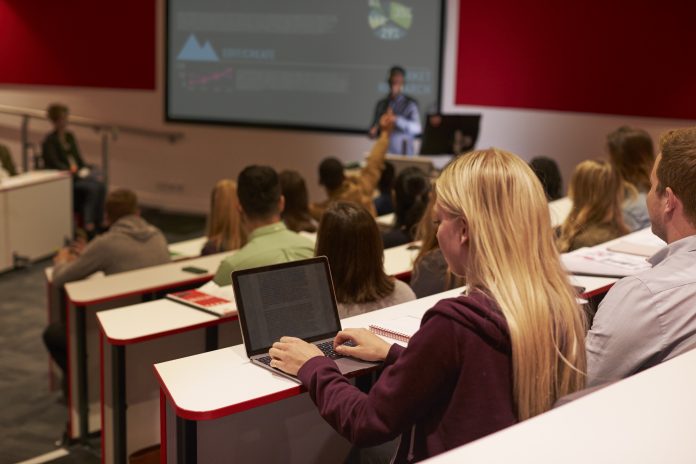Mariya Gabriel, the European Commissioner for Innovation, Research, Culture, Education and Youth, looks at education and training to improve education inclusivity across Europe
Education plays a significant role in every person’s life and is the foundation of any prosperous society. In this field, we have big ambitions: supporting quality and inclusive education across Europe is at the heart of our efforts. This is coupled with the promotion of effective investments in education and training – a political priority of the European Union and an essential factor to achieve an innovative, globally competitive, and attractive European Education Area by 2025.
To support the education and training systems in Europe in their efforts to be more inclusive, to cooperate better transnationally, and to nurture talent and creativity, we have tabled several initiatives, in 2022 alone.
How can we better support education and training?
To portray Europe as a worldwide centre for education, science, and innovation, we call to build a genuine European dimension in higher education. To this purpose, we have set up the European Strategy for Universities, in close cooperation with the Member States and the sector stakeholders. Universities are the first actors of change and an important part of the answer to today’s global and pressing challenges. They are preparing tomorrow’s innovators, entrepreneurs and leaders while shaping tomorrow’s world.
One of the flagships of the Strategy is the European Universities Initiative, which aims to build transnational alliances of higher education institutions, sure that together we can go a step further. They are developing strategic and sustainable cooperation for the benefit of their students, staff, and communities.
There are already 44 European Universities’ alliances, gathering 340 higher education institutions across all European regions. And by mid-2024, we want to reach 60 alliances, gathering over 500 universities. I am grateful that many of the existing Alliances have also accepted new partners. More than 30 new higher education institutions are now part of existing alliances. Congratulations on that!
Looking ahead, the 2023 Erasmus+ European Universities call for proposals, which will run until the end of January 2023, which came with a record total budget of EUR 384 million. And we have also opened the call to higher education institutions from all Western Balkans countries, as full partners in the European Universities’ alliances. Moreover, the newly established Seal of Excellence will be awarded to proposals assessed and scored as high quality, but that cannot be funded due to a lack of available budget.
The benefits of the highly successful Erasmus+ programme
Of course, all this would not have been possible without our emblematic Erasmus+ programme, which in 2022, celebrated its 35th anniversary. Over the past three decades, it has offered life-changing experiences to almost 13 million participants who have learned, worked or trained abroad.
We cannot ignore that investment is paramount for the enhancement of education and training. All EU countries have included education and skills-related measures in their Recovery and Resilience Plans. The estimated spending on education and training, including digital education and skills, amounts to around EUR 71 billion, which represents about 14% of the total estimated costs of the plans.
We need solid evidence if we are to improve the efficiency and effectiveness of spending, as stated in the final report of the Expert Group on quality investment in education and training that I set up. As the benefits will be greater if we pool together expertise, I initiated the Learning Lab on investing in quality education and training to bring together the EU countries and the Commission, in a supporting role. It will identify and provide evaluation tools and methods to the EU countries, which are willing to join the initiative on a voluntary basis. The Learning Lab will offer different support opportunities from peer learning to capacity building, from training courses to concrete evaluation activities.
How can we invest in better, future-oriented education systems, with more inclusivity?
These were among the topics discussed during the 5th European Education Summit “Bright Young Minds” held on 1st December 2022. I will continue to work on these and many other topics that will help us achieve the European Education Area by 2025. The Summit also provided an occasion for the presentation of some highlights of the European Education Area Progress Report. It was a starting point for open discussions with the whole education community about the state of play, our common vision, and the next steps for the future of the European Education Area, in the context of its mid- term review process, taking place throughout 2023.
Since the beginning of my mandate, I have encouraged, facilitated, and built synergies between education, research, and innovation. The bridges built between those communities will allow the creation and circulation of knowledge for each other inspiration.
2023 looks promising for the benefit of all EU citizens!











